Core Knowledge Sequence
The Core Knowledge Sequence was established by E.D. Hirsch, Jr., a notable figure in educational reform, who founded the Core Knowledge Foundation in 1986. Hirsch, a professor at the University of Virginia, developed the Core Knowledge Sequence out of a desire to promote equity in education through a shared foundation of knowledge. He argued that a broad base of common knowledge is essential for reading comprehension and overall academic success. This curriculum was created to address the inconsistencies and gaps he observed in U.S. educational standards, which he believed could lead to disparities in student achievement based on background knowledge.
The Core Knowledge Sequence is distinguished by its widespread adoption and implementation across various types of schools. As of the mid-2000s, the curriculum was being used in a blend of public, charter, private, and parochial schools across urban, suburban, and rural settings. This extensive reach highlights its flexibility and broad appeal across different educational environments and community types.
Grades: The Core Knowledge Sequence is designed for kindergarten through eighth grade, covering a broad spectrum of subjects including language arts, history and geography, science, and the arts.
Cost: Core Knowledge provides many of its resources for free online, although printed materials and textbooks are available for purchase. This makes it an accessible option for homeschooling families who are mindful of budget constraints.
What It Is:
The Core Knowledge Sequence is a detailed outline of specific knowledge and skills that students should learn at each grade level. It emphasizes a cumulative and coherent build-up of knowledge, ensuring that learning in one grade level prepares students for the next.
What Makes It Special:
What sets the Core Knowledge Sequence apart is its structured content that is explicitly detailed grade-by-grade, making it unique among educational programs. This approach ensures a solid and sequential foundation of knowledge, avoiding the common educational pitfall of repetitive or missing content across grade levels.
How It Works:
The curriculum provides a clear and detailed guide of what content to teach and when, but it does not mandate how to teach it, allowing educators flexibility in delivery. This approach supports customization to fit the homeschool environment, where teaching styles and student needs might vary more than in traditional classrooms.
How to Get Started:
For homeschoolers, beginning with the Core Knowledge Sequence involves accessing the curriculum guidelines available on their website, planning out the year's content based on the sequences provided, and acquiring necessary textbooks or resources recommended for each grade level.
Using the Curriculum in Homeschool:
Homeschooling with the Core Knowledge Sequence would typically involve daily structured lessons that correspond with the outlined content for each grade. This can range from reading and discussions to more interactive projects, depending on the subject and the student's age. While the curriculum allows for flexibility, it generally requires a moderate level of preparation from the parent to ensure all topics are adequately covered. Lessons can be designed to be either parent-led or independent, depending on the child's learning preferences and the parent's involvement level.
Educational Content Included:
The Core Knowledge Sequence includes a comprehensive array of subjects:
Language Arts: Classic literature, vocabulary, grammar.
History and Geography: U.S. history, world civilizations, geography skills.
Science: Life sciences, physical sciences, earth sciences.
Mathematics: Number theory, geometry, algebra basics.
The Arts: Music theory, visual arts, performance arts.
Pros:
Users often praise the curriculum for its comprehensive and systematic approach to building knowledge. The structured nature helps ensure that students have no gaps in their learning, which is particularly beneficial in a homeschool setting where educational consistency is critical.
Cons:
However, some users find the Core Knowledge Sequence to be too rigid or extensive, which can be overwhelming for some students and parents, especially if they are new to homeschooling or prefer a more relaxed educational approach.
Parental Advice:
Parents who have successfully implemented the Core Knowledge Sequence suggest pacing the curriculum to match the child's learning speed and being flexible with the depth of content covered in areas where the child may have more or less interest.
Ideal Fit:
This curriculum is ideal for families looking for a comprehensive, structured educational plan that covers a broad base of knowledge. It suits parents who prefer detailed guidelines on what educational content to cover at each grade level.
Not a Fit For:
It may not suit families who prefer a more project-based, student-led, or unconventional approach to education that allows students more freedom to explore topics of interest at their own pace.
Ways to Get It:
The Core Knowledge Sequence materials can be accessed through their official website, where many resources are available for free download. Printed materials can also be purchased for those who prefer physical textbooks or need additional resources like workbooks.
This detailed curriculum provides a rigorous and thorough educational framework that can be a valuable tool for homeschooling families seeking to ensure a broad anddeep foundation of traditional knowledge across all fundamental subjects.
Top Alternatives to Core Knowledge Sequence for All-in-One Secular Homeschooling Curriculum
For Hands-On, Nature-Based Education: Blossom and Root
Book Lovers, Gifted and Profoundly Gifted Learners: Torchlight Curriculum
For Gifted, Workbook-Lovers: Critical Thinking Co
Adaptive learning app for kids who love video games : BrainPOP Homeschool
For Middle and High School Students: Build Your Library
For kids who love watching videos, here are highly Engaging Free YouTube videos for middle and high school: Crash Course
For Project-Based, Standards-Aligned Curriculum and Online School: Oak Meadow
For Free or Freemium online curriculum: Khan Academy Kids, Khan Academy or FishTank Learning
For more Traditional/schoolish Standards-aligned adaptive online learning: Time4Learning
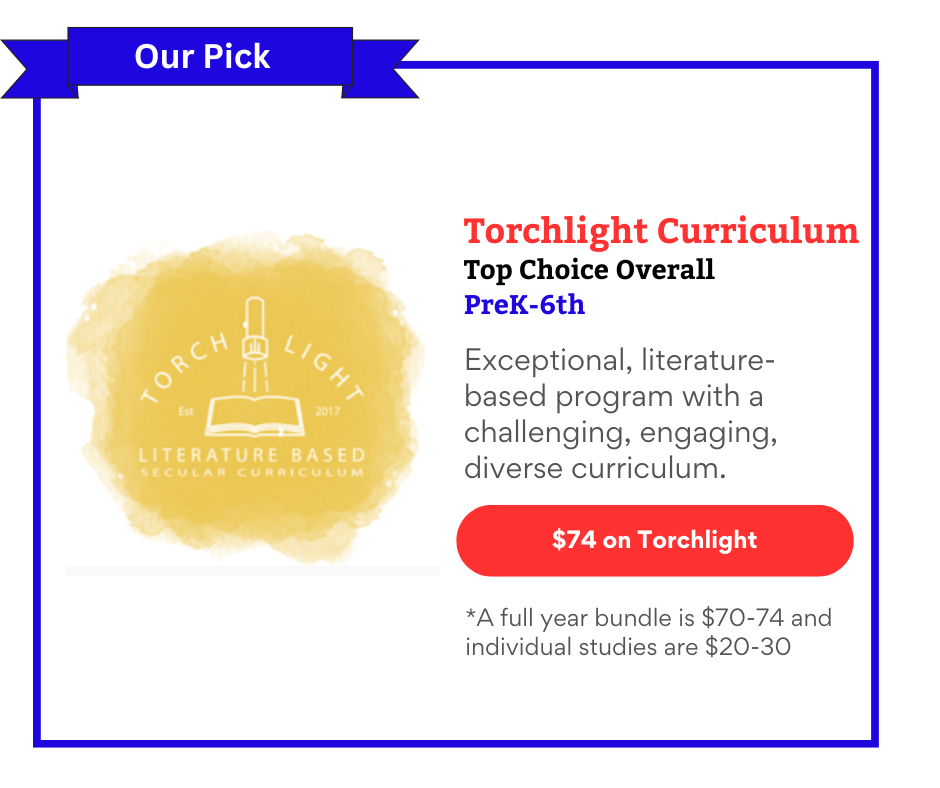

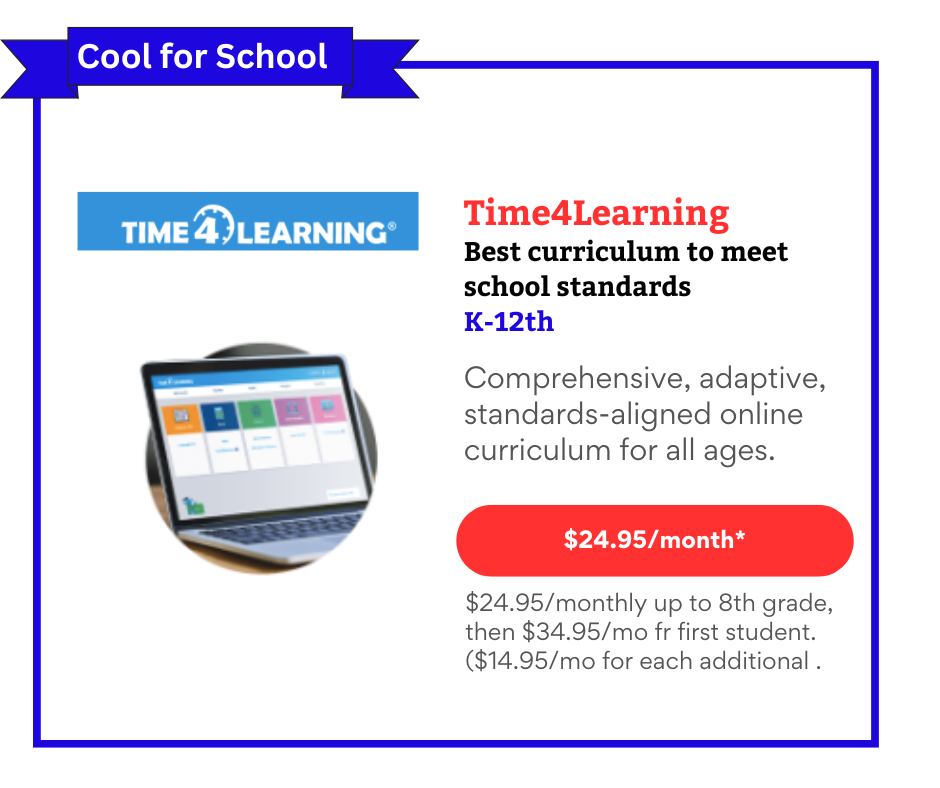
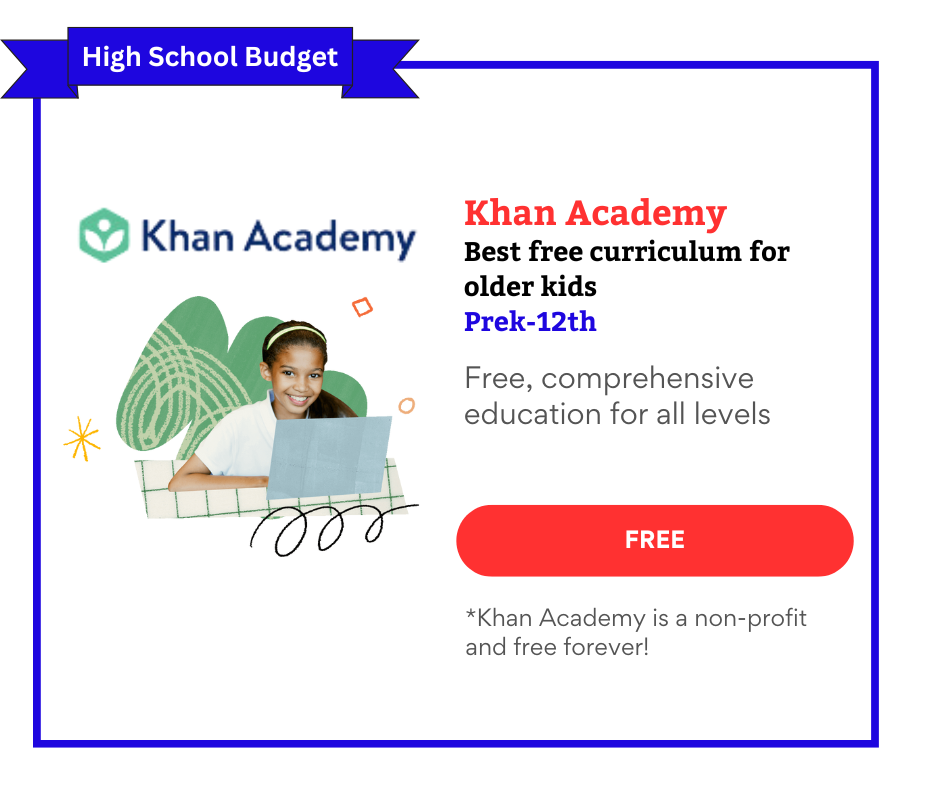

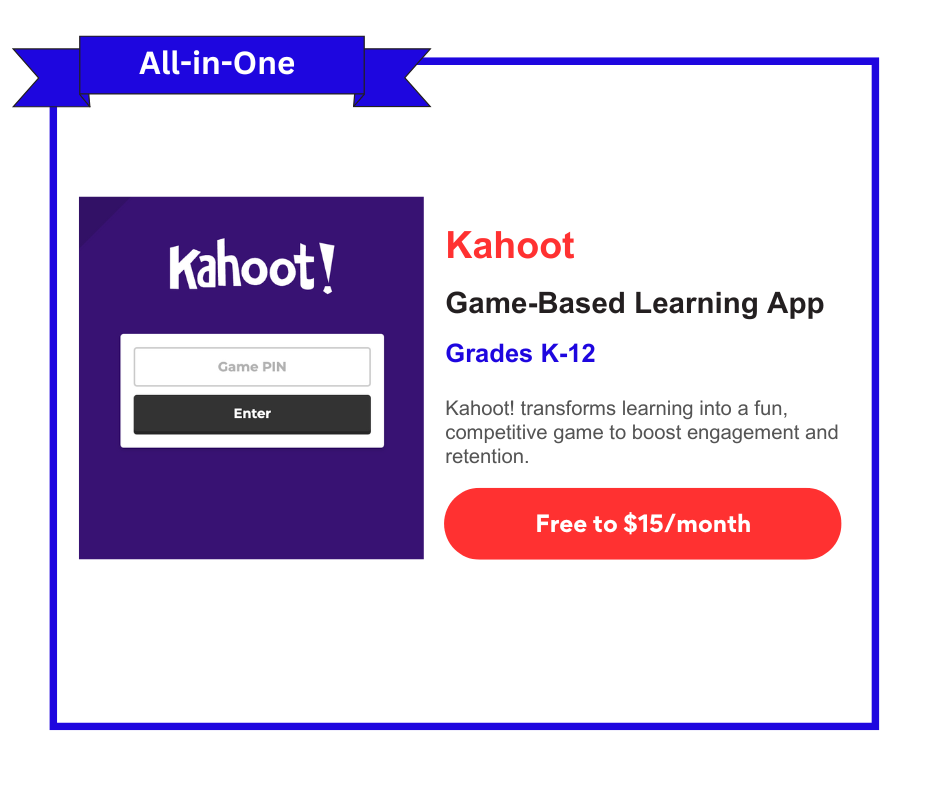
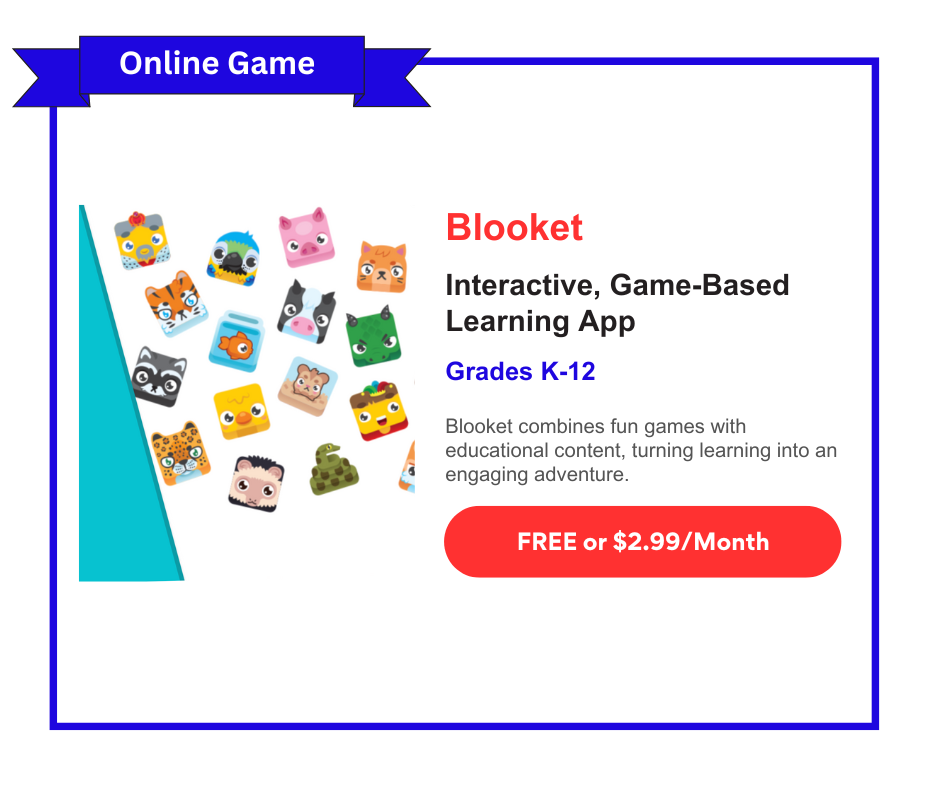
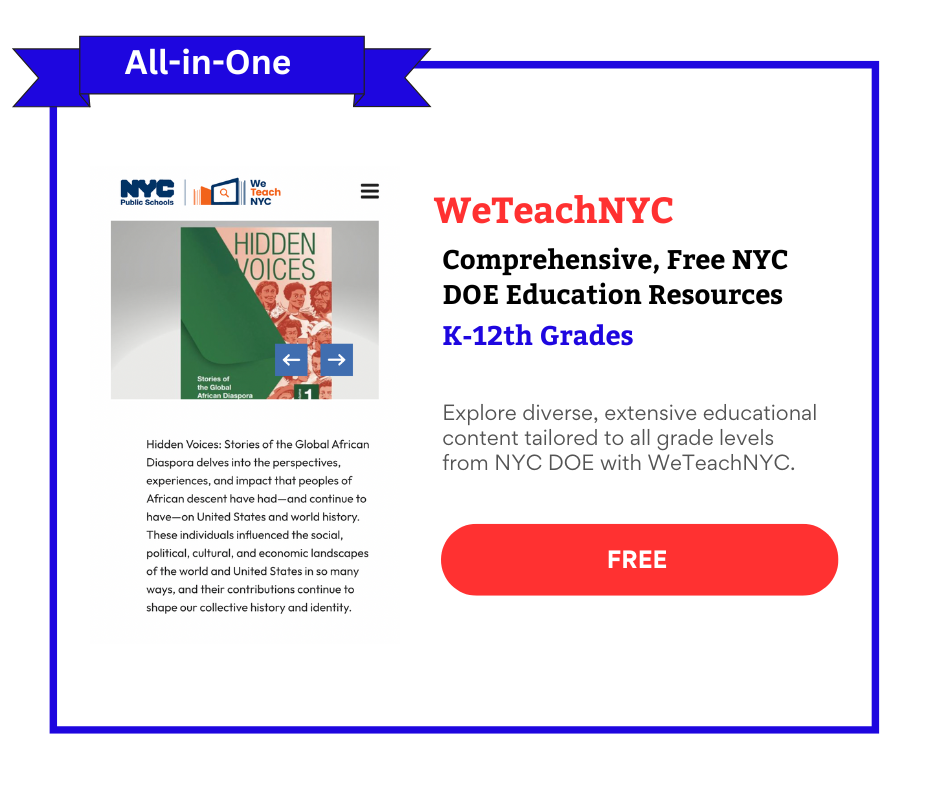

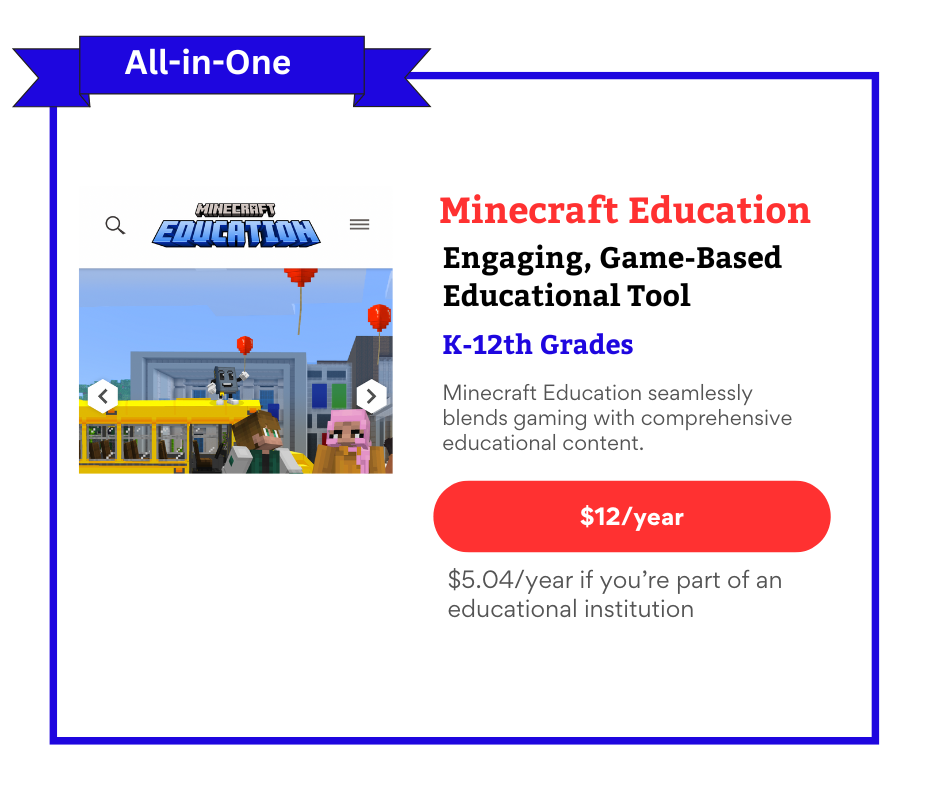
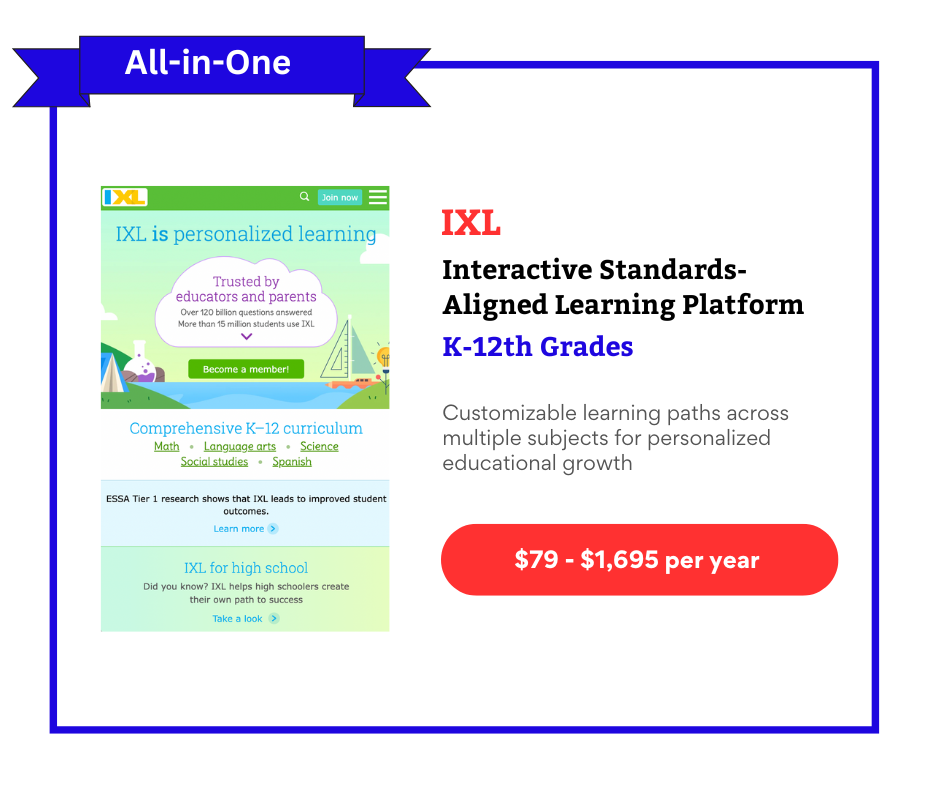
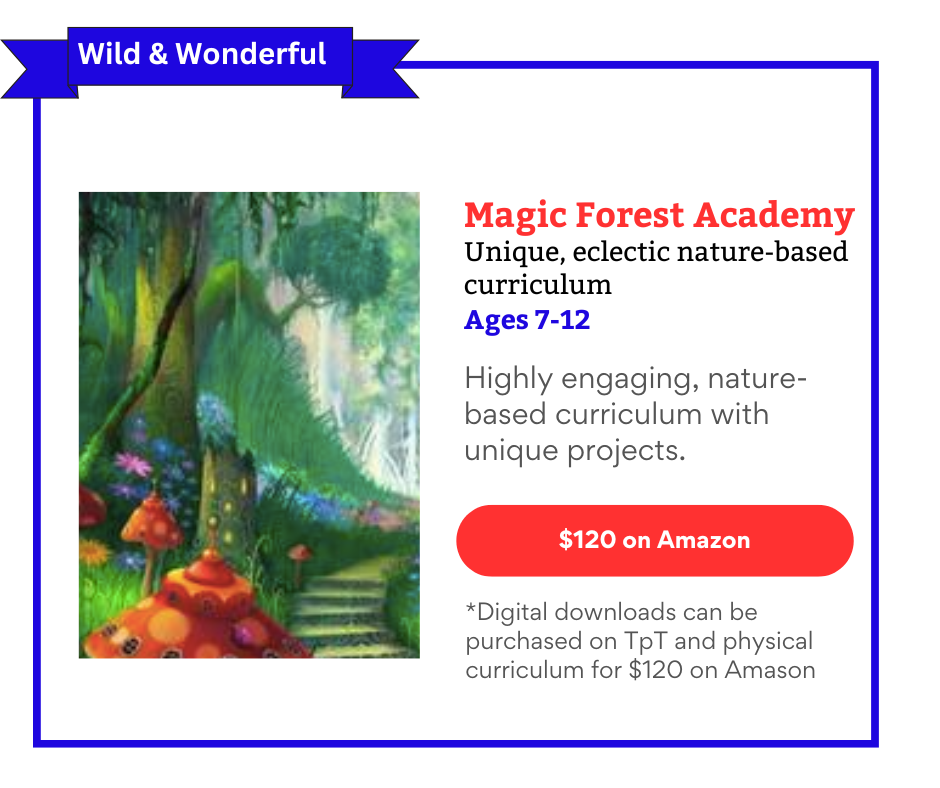
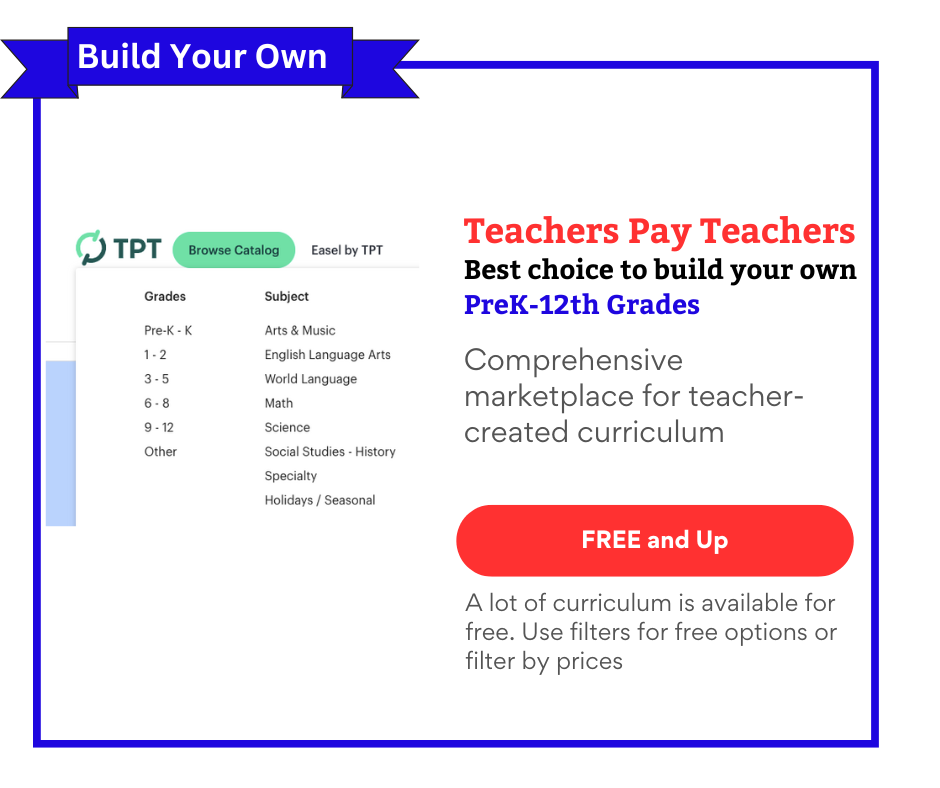
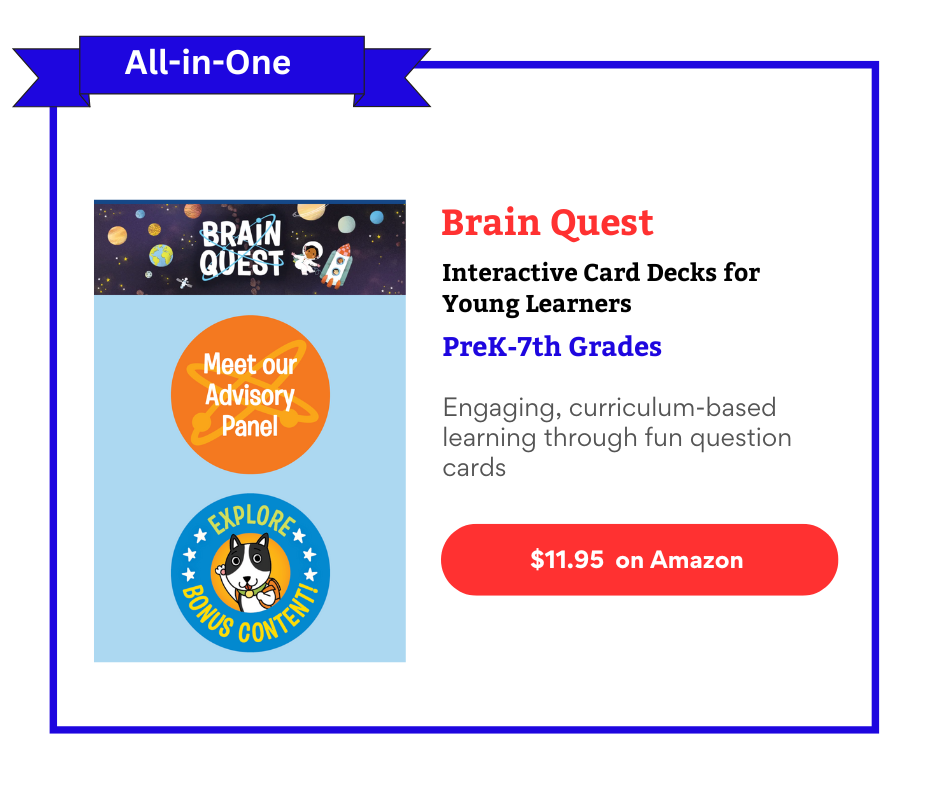

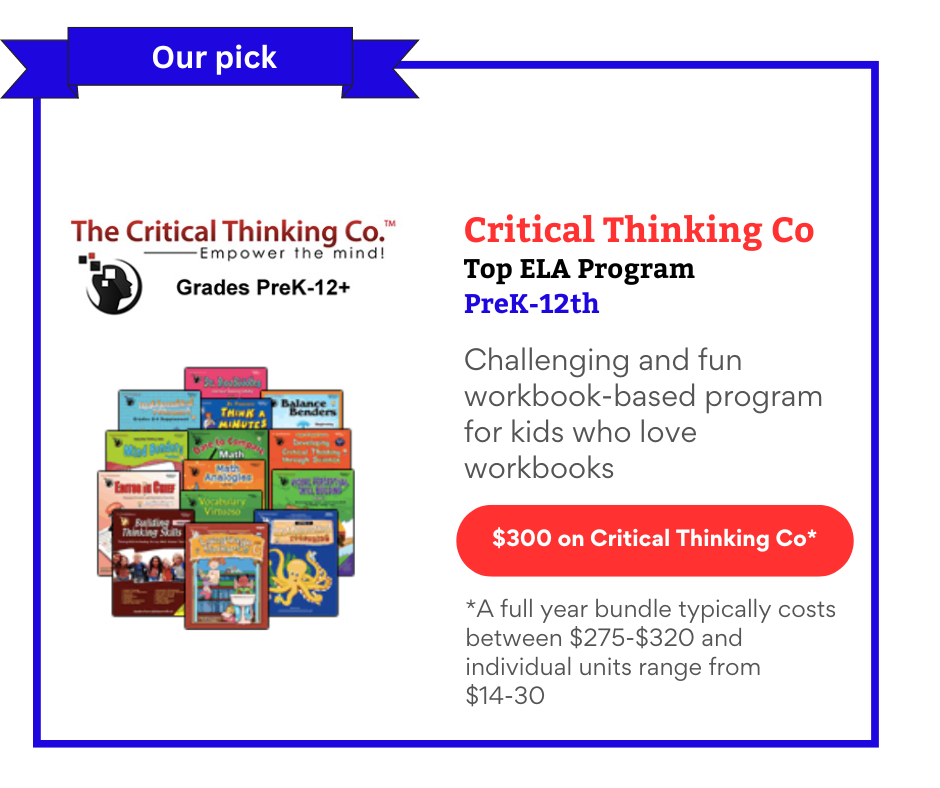
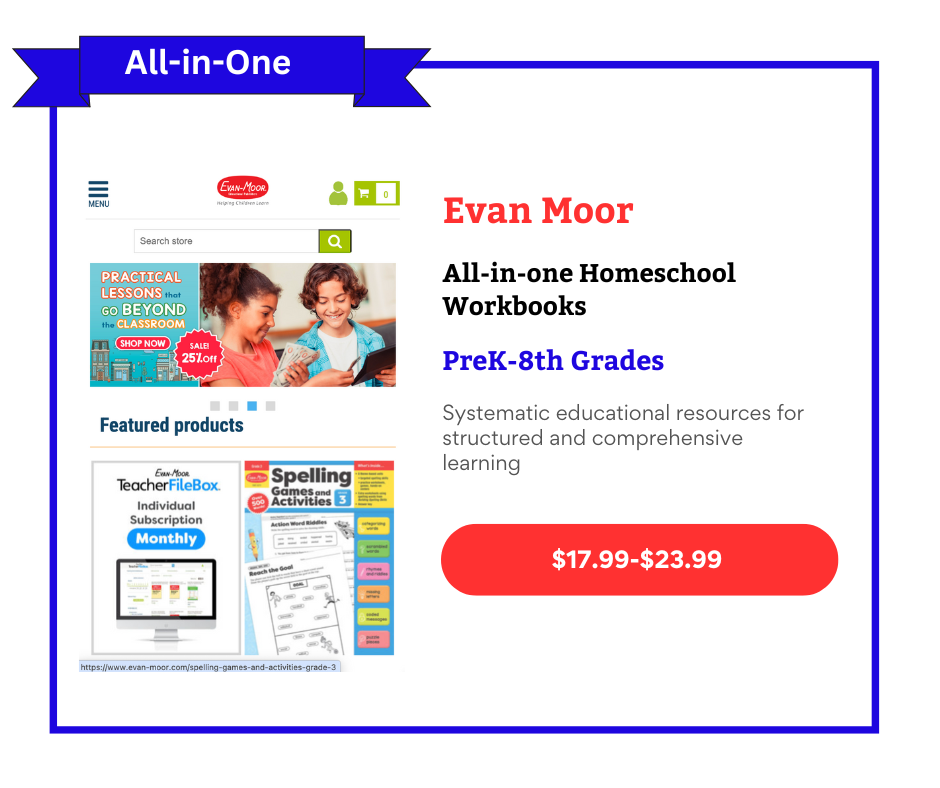
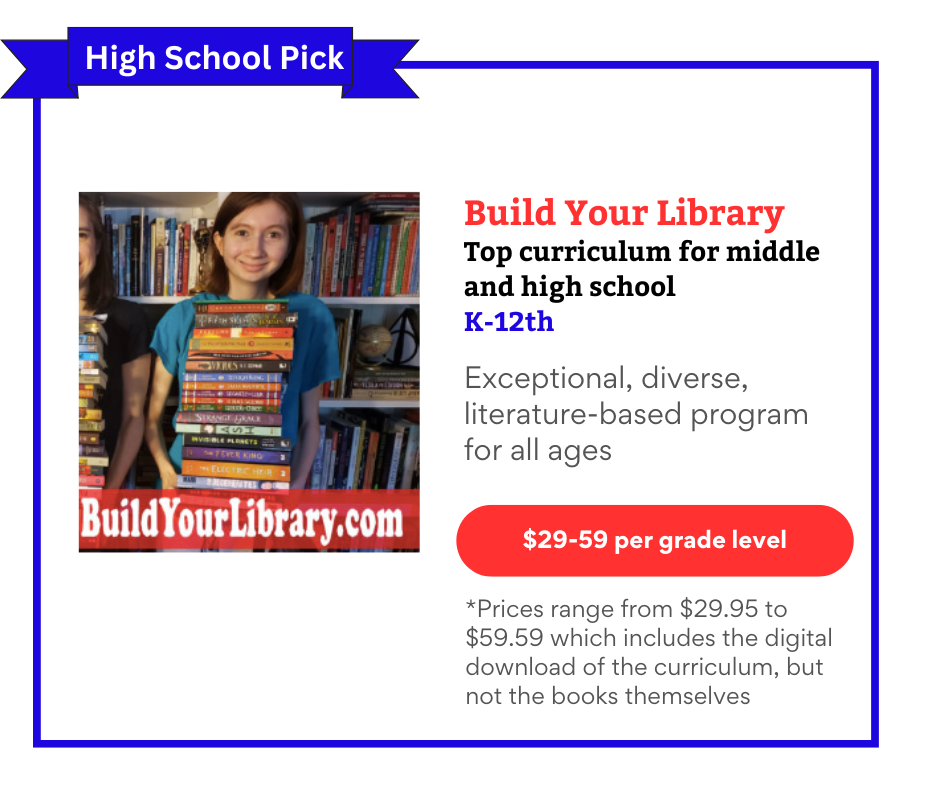

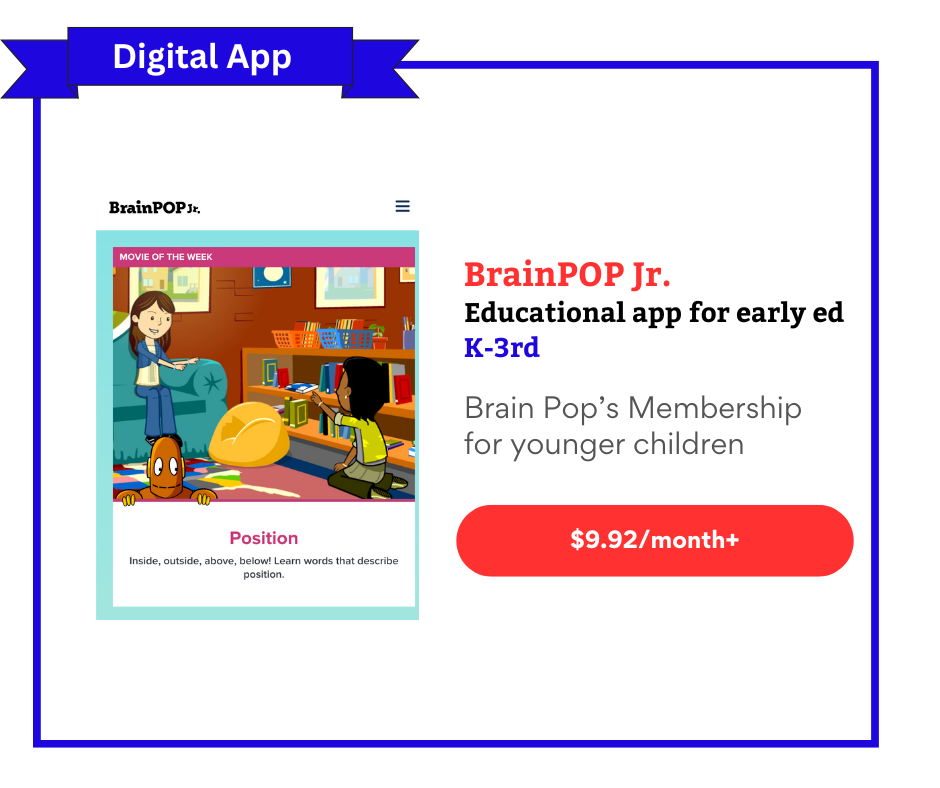
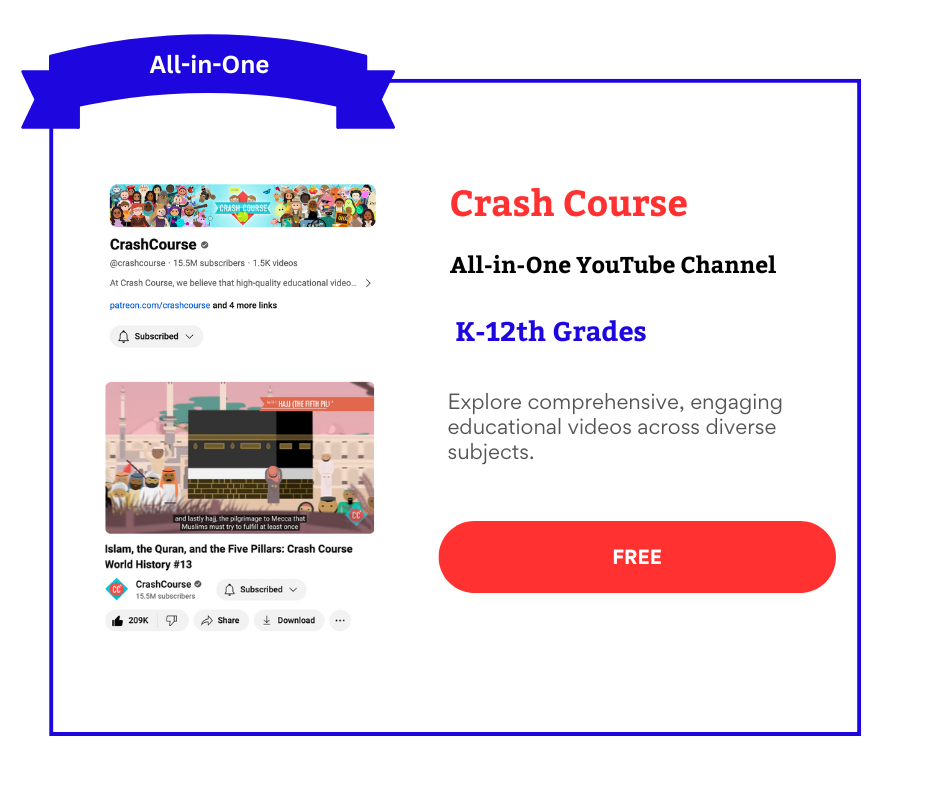
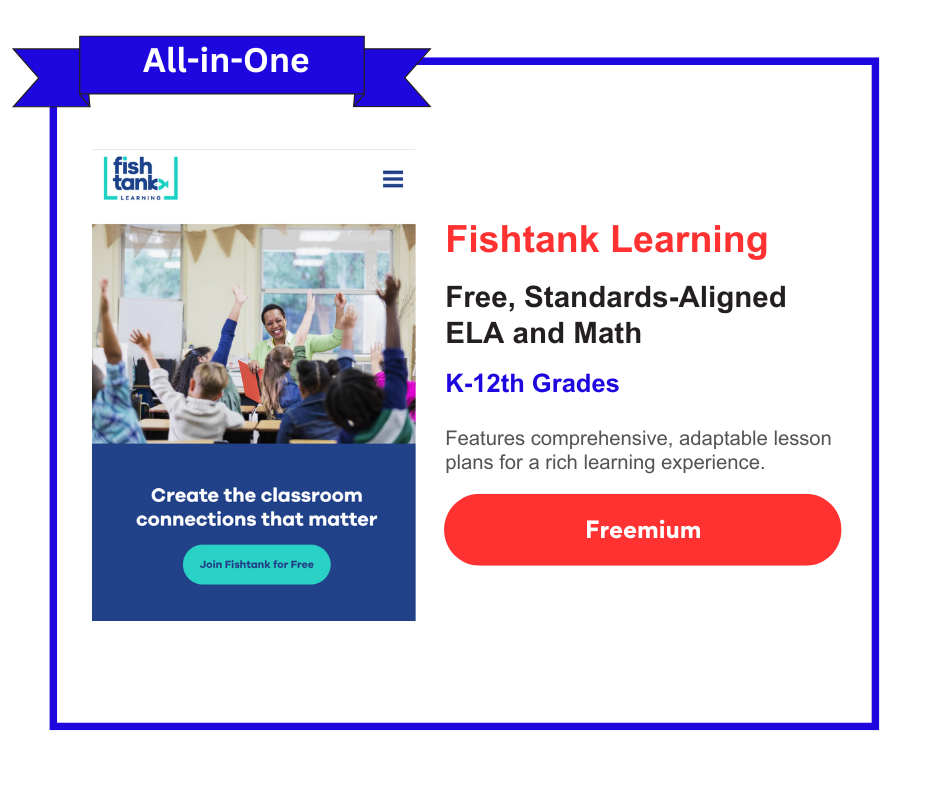







Dive into our comprehensive review of Blossom and Root, a secular, nature-based homeschool curriculum that combines flexibility with a rich integration of the arts and literature. Discover how it can transform your homeschooling experience.